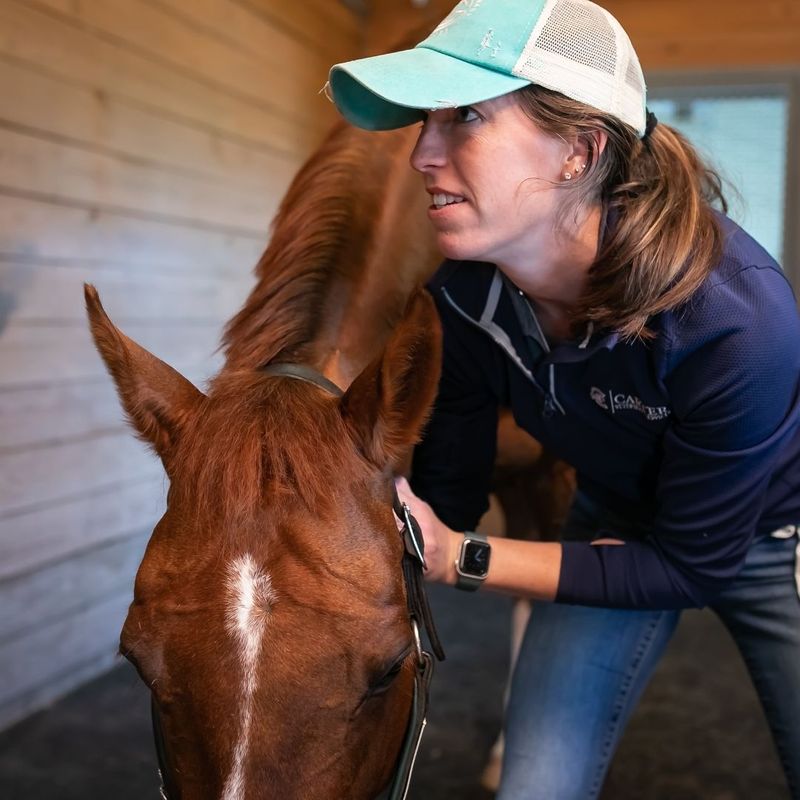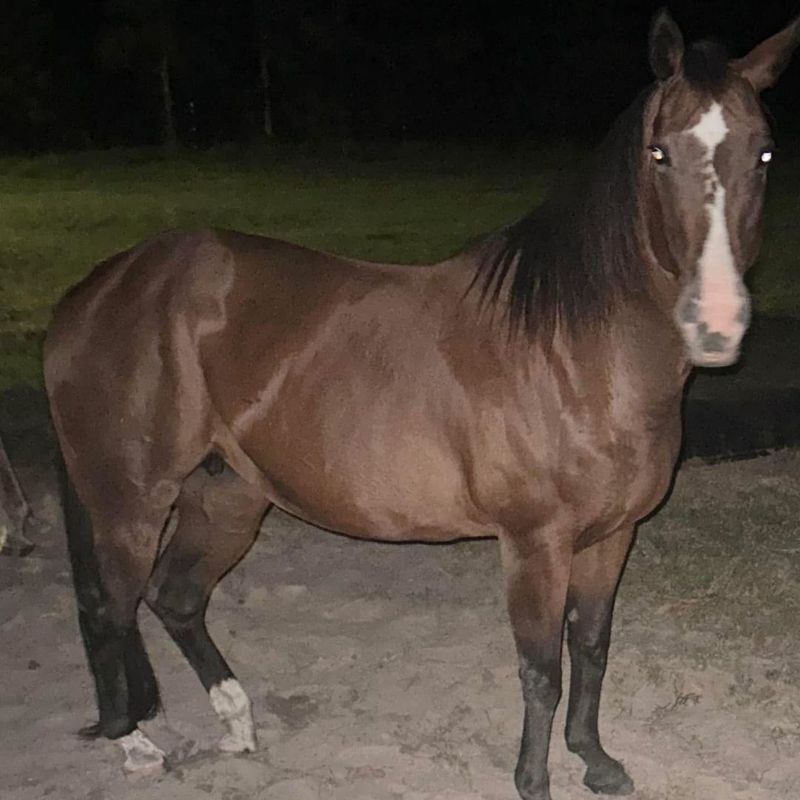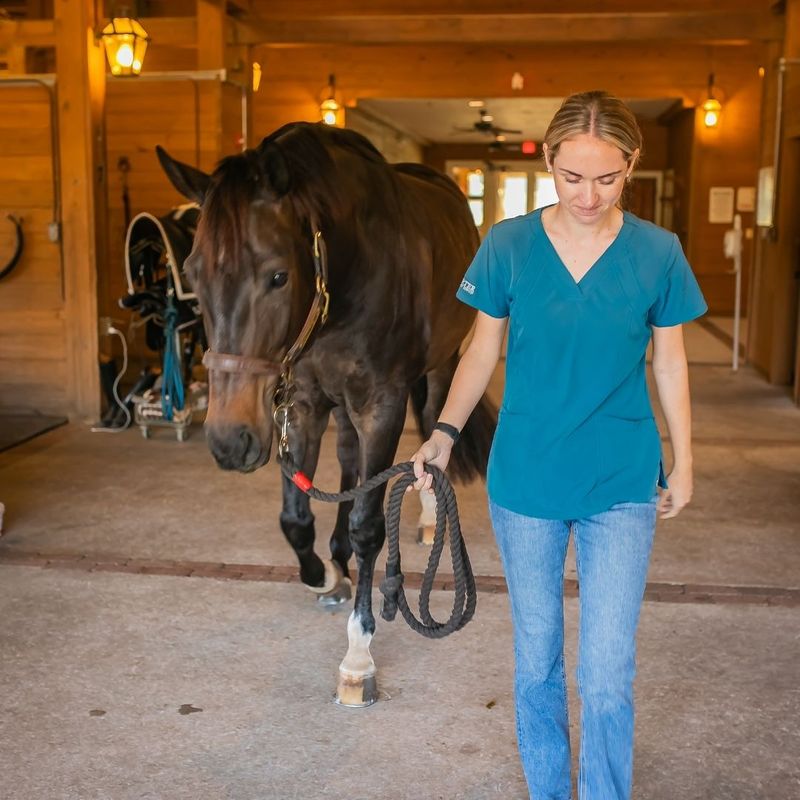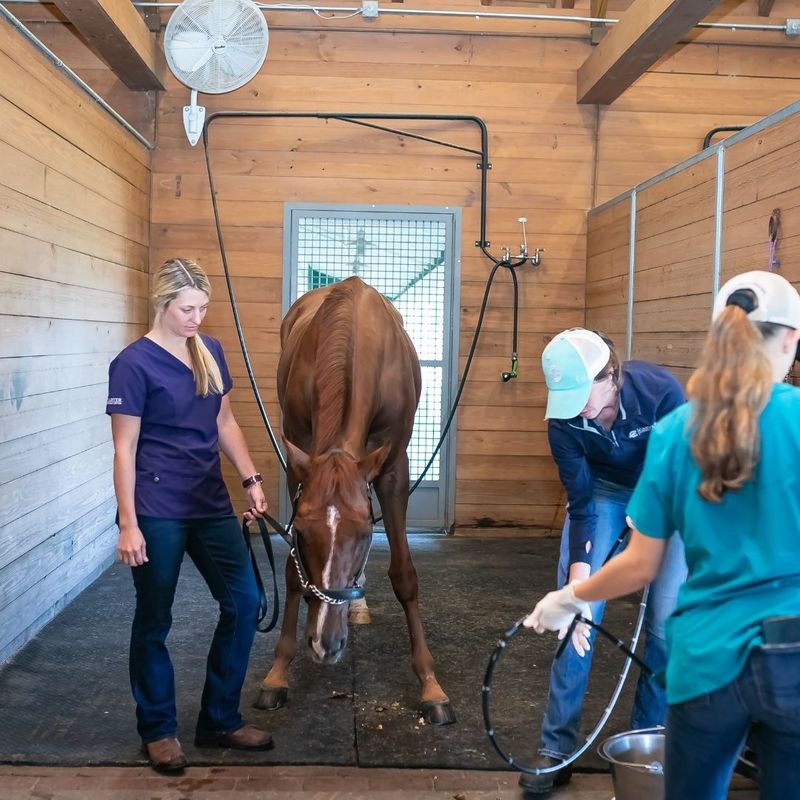Weather fluctuations, common in the Lowcountry, can significantly impact our horses' delicate digestive systems. At Carter Veterinary Services, we understand the heightened concern this brings to horse owners. Colic, a general term for abdominal pain, can be life-threatening if not addressed swiftly. Our aim is to empower you with the knowledge to recognize the subtle and overt signs of colic, particularly when environmental shifts may predispose your horse to this serious condition.
Recognizing Colic: Vigilance During Weather Changes
Recognizing Colic: Vigilance During Weather Changes
Know the Signs of Colic
Understanding and recognizing the signs of colic, particularly when weather patterns shift, is crucial for timely and effective management. We at Carter Veterinary Services are always ready to provide expert guidance and emergency care to protect your horse's health. Early detection significantly improves outcomes. If you observe any of these signs, even subtle ones, please do not hesitate to contact us immediately for assistance; your vigilance is their best defense.




